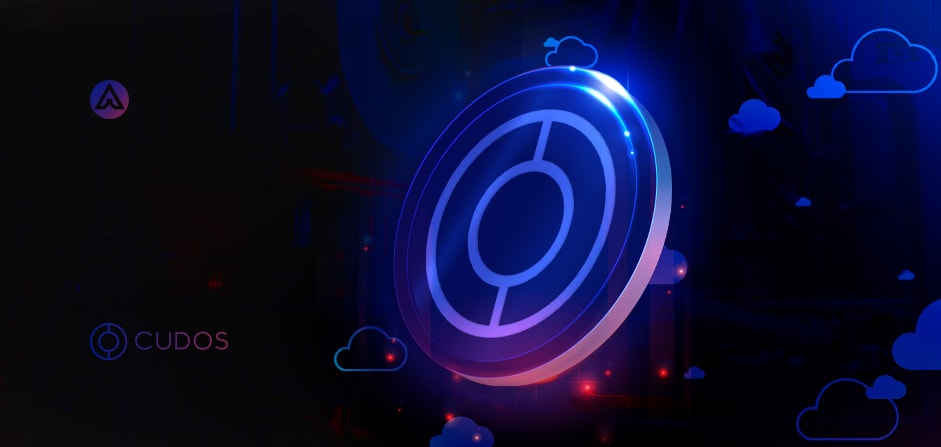As blockchain networks evolve, they leave proof-of-work (PoW) protocols behind, which is why mining is reduced. Cudos turns out to be an alternative for miners, who can participate in a sustainable way, thanks to its distributed computing model in the cloud, and receive rewards for providing computing capacity to the network. In the following article we tell you all the details.
Distributed Cloud Computing
Distributed computing in the cloud is one of the central axes for the new web paradigm, since the systems can be executed remotely, without the need for large hardware capacities. The emergence of blockchain networks has given a new direction to this model, because the applications can count on the unique security support provided by this technology.
The developments related to the metaverse have raised the need for large computing capacities, in order to support this type of platform. A decentralized solution must be sought so that this is not only reserved for the hands of large corporations. This is where Cudos also provides an efficient solution, thanks to its blockchain infrastructure.
In order for this entire model to work, Cudos has developed a work plan that includes both end users, as well as those who want to provide resources to the network and receive rewards for it.
Underutilized technical capabilities in devices
There are a large number of devices in use in the world, from computers to mobile phones in the hands of a large number of people. The problem is that the technical capacity of these devices is underutilized, wasting a large amount of resources. In this way, through an innovative model, Cudos proposes to be able to reuse those requirements and manage them in a more efficient way.
Through a new model, unique in its kind, users can use the Cudos platform to share the excess capacity of their devices and become part of the network infrastructure. In the next section we will explain in detail how this issue can be exploited.
Sustainable alternative to mining
Proof-of-work (Pow) protocols that use mining, such as those present in Bitcoin or Ethereum, are falling out of favor for various reasons. On the one hand, one of the problems they present is their burden, given that it is currently very expensive to be able to acquire equipment for mining. On the other hand, this type of protocol consumes a large amount of energy, being unfriendly to the environment.
In turn, these types of protocols are much slower for confirming transactions, compared to proof-of-stake (PoS) protocols, thus making their application difficult in daily operations. On the other hand, the Pos protocols allow a more democratic participation of the users that make up the network, providing greater equity for the ecosystem.
This is where Cudos becomes a sustainable alternative for miners who are currently migrating from other types of protocols. This new generation blockchain network does not use mining, on the contrary, it has established a business model to provide computing capacity in a distributed manner and that companies can contract these requirements based on their needs. In this way, operating costs are drastically reduced, while creating a more efficient environment.
Users can share the capacity of their devices, forming the distributed infrastructure so that later Cudos can provide services in the cloud. The interesting thing about this issue is that anyone can participate, and you will get higher rewards according to the number of requirements you grant. In any case, you can be part of the network, even with a mobile device.
This is how everyone benefits, companies can contract technical capacity as a service in «quotas» according to the demand of the moment, and users can receive rewards for underused requirements on their devices.
For more information, visit: https://www.cudos.org/
Conclusion
Distributed computing in the cloud is laying the foundations for the platforms of the future to be developed. As blockchain networks evolve, they are leaving behind inefficient and polluting protocols such as proof-of-work (PoW). Cudos becomes a sustainable alternative for miners, since it can grant computing capacity to the network with their devices and receive rewards for it.

